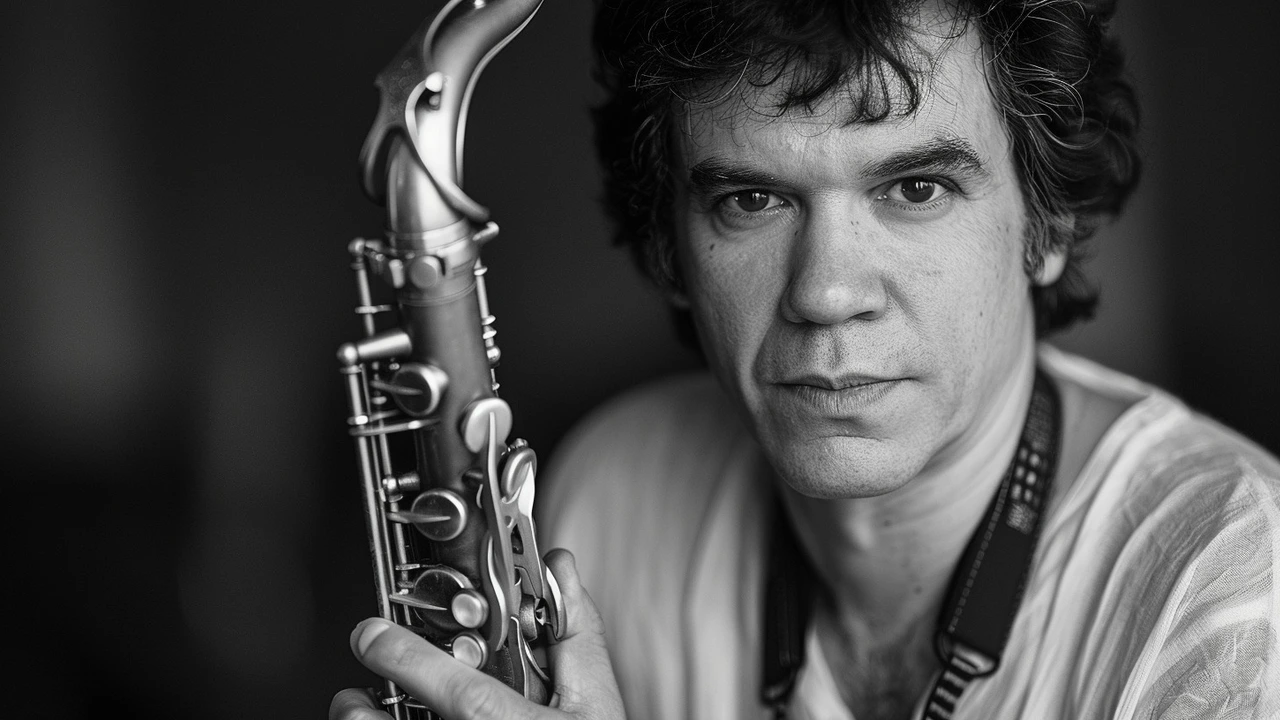David Sanborn, an emblematic figure in the world of jazz and pop music, whose soulful saxophone tones graced many stages and albums, passed away at the age of 78. His death occurred on a quiet Sunday afternoon, following a prolonged journey with prostate cancer, with additional complications deepening his struggles in recent years. Sanborn's career, dotted with collaborations with some of the most iconic figures in the music industry, was illustrious and impactful, traversing genres and generations.
Sanborn was not just a musician; he was a musical institution unto himself. Born in Tampa, Florida, and raised in St. Louis, Missouri, Sanborn's affinity for the saxophone began at an early age, influenced heavily by the rich jazz and blues traditions of his hometown. His professional journey was as serendipitous as it was challenging. Struck by severe polio in his childhood, Sanborn found a therapeutic outlet in music, primarily using the saxophone as his voice when words were insufficient.
The breadth of his career was astonishing. Over the decades, Sanborn released 24 albums, won six Grammy Awards, and was recognized with eight gold and one platinum albums. But numbers merely scratch the surface of his contributions. His music transcended traditional boundaries, blending jazz with pop, blues, and even a touch of rock. He became synonymous with a melodic, piercing saxophone sound—a sound that could be both a whisper and a scream, intimate yet overpowering.
Sanborn's collaborations read like a who's who of the music world. From the pop brilliance of David Bowie to the soulful depths of James Brown and the innovative genius of Stevie Wonder, Sanborn's saxophone added a layer of complexity and emotion to every track he touched. One of his most notable collaborations was with Bowie on the album 'Young Americans,' where his saxophone solos left an indelible mark on the fabric of music history.
The news of Sanborn's passing was met with an outpouring of grief and homage from music lovers and fellow artists worldwide. Social media became a flood of tributes, with many expressing how Sanborn's music had been a backdrop to significant moments in their lives. Few artists manage to become household names across different decades and to different generations. David Sanborn did just that, his music becoming timeless, his melodies a universal language spoken between the notes.
Despite his failing health, Sanborn's commitment to music never wavered. Even after his cancer diagnosis in 2018, he continued to perform, sharing stages with young artists and veteran musicians alike, mentoring and inspiring until his body no longer permitted him to do so. His last concerts were a testament to his enduring passion, a passion that fueled his performances and resonated with his audience.
Sanborn's contribution to music extends beyond just his performance and recordings. He was a gifted composer and arranger, whose works have been used in film, television, and even in educational contexts, helping to mold the next generation of musicians. His influence is vast and deep, with many contemporary saxophonists citing him as a pivotal influence in their own careers.
As the music world mourns the loss of one of its brightest stars, it is clear that David Sanborn's legacy will resonate for generations to come. It is a legacy of innovation, passion, and brilliance—a true testament to a life well-lived and a career that touched the hearts and souls of many. He leaves behind a body of work that continues to inspire and captivate, a beacon for those who believe in the transformative power of music.

Comments